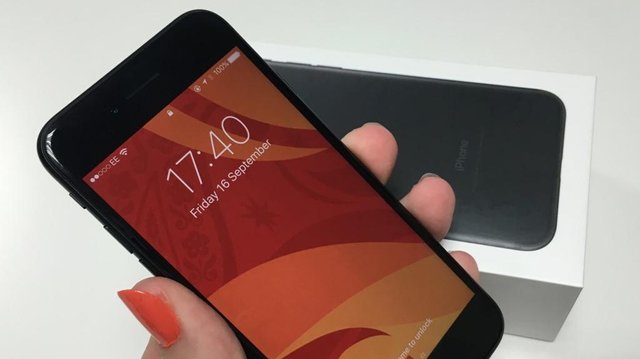
Why is my iPhone moderate?
Do you additionally make this inquiry over and over?
Indeed, the greatest paranoid idea coasting around from years that Apple intentionally backs off execution on your more established iPhones at whatever point the organization is going to dispatch the following form of its lead to push its deal is TRUE (at any rate incompletely).
Apple has at long last conceded that it does surely deliberately back off more established iPhone models, without telling its clients, however the organization asserts the move isn't expected to urge clients to move up to more up to date iPhone models.
Rather, Apple says it is a component—executed on the iPhone 6, 6S and SE a year ago amid a product refresh, and on the iPhone 7 in December with the arrival of iOS 11.2—to ensure against out of the blue closing down of more established iPhones because of maturing batteries and delay their life expectancy.
"A year ago we discharged a component for iPhone 6, iPhone 6s and iPhone SE to smooth out the momentary pinnacles just when expected to keep the gadget from out of the blue closing down amid these conditions," the organization said in an official proclamation to Reuters.
"We've now stretched out that element to iPhone 7 with iOS 11.2, and plan to include bolster for different items later on."
As indicated by Apple, the issue lives in iPhone's battery, and not in its processor. The execution of lithium-particle battery utilized as a part of iPhones debases after some time, which could bring about harming the inward segments of the gadget.

In this manner, Apple purposefully throttles the execution of iPhones that have more seasoned batteries, batteries with low charge or that are icy, trying to secure their segments.
The above articulation by Apple came because of a blog entry distributed not long ago by Toronto-based firm Geekbench engineer John Poole, who dissected the execution of iPhone 6S and iPhone 7 after some time.
Poole anticipated that the battery limit would diminish as they age, yet processor execution to remain the same. He found that an iOS refresh took off to settle a 'sudden shutdown' issue was to be faulted for the diminished execution.
"Clients expect either full execution or diminished execution with a notice that their telephone is in low-control mode," Poole wrote in a blog entry distributed Monday (eighteenth December).
"This fix makes a third, unforeseen state. While this state is made to cover an insufficiency in battery control, clients may trust that the back off is because of CPU execution, rather than battery execution, which is setting off an Apple presented CPU back off."
Obviously, this most recent Apple's disclosure started an objection among Apple fans.
Despite the fact that the organization was not playing an awful trap to push the offer of more current iPhone models by abating more seasoned ones, Apple should demonstrate more genuineness in an association with its clients who call themselves Apple fans.